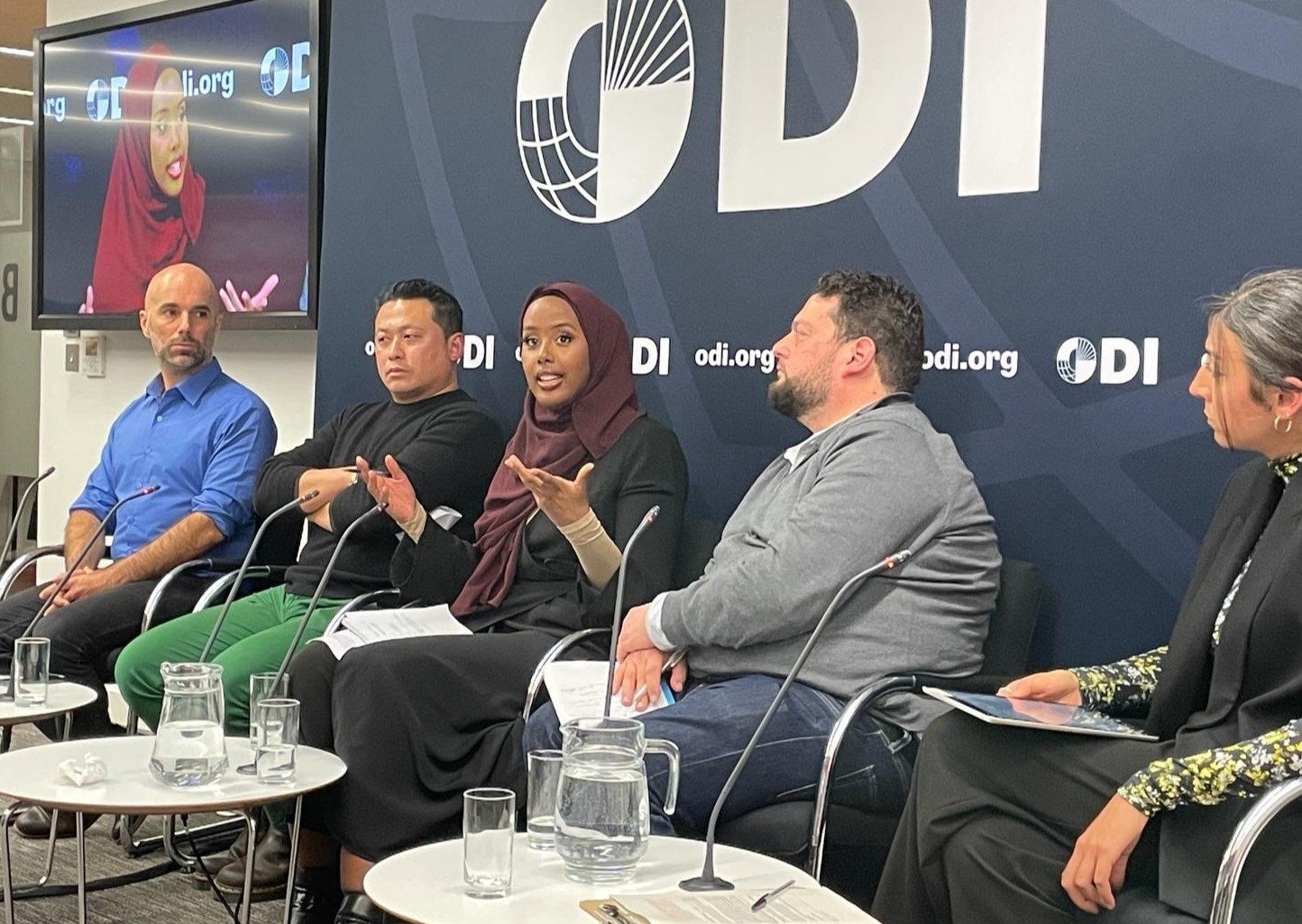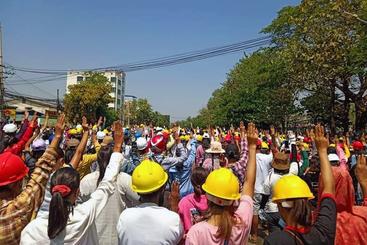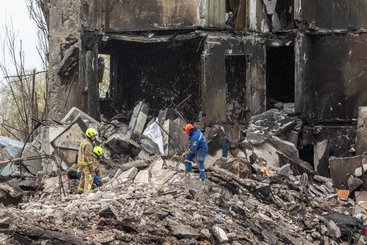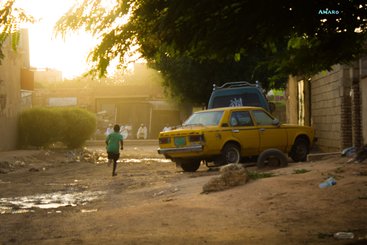This month marks three years since Myanmar’s military coup, which has led to at least 24,000 anti-coup protesters arrested, 4,000 people killed and millions displaced.
It is also a year since the Türkiye–Syria earthquake which left over 55,000 dead, while prolonged violence and climatic shocks continue to wreak havoc in Somalia, resulting in 8.3 million people currently in need of humanitarian assistance.
These crises are significant and ongoing, yet they have not dominated headlines since initial reports – why? And how do we move from this inertia to action?
To answer these questions and more, we invited experts from activist, academic and policy spaces to shine a light on Myanmar, Syria and Somalia, at an event held by the Humanitarian Policy Group on 8 February 2024.
The ‘aid industrial complex’
Minn Tent Bo, an Independent Analyst on Human Rights and Democracy in Myanmar, was emphatic in his belief that the United Nations (UN) bears responsibility for the current situation in the country. He explained how the UN’s close working relationship with the Myanmar military was not fixing the root problems the country is experiencing, and that it is simply not equipped to deal with non-state actors. Bo went on to say that he is suspicious of what he calls the ‘INGO-isation of resistance’, urging humanitarians to ‘question the aid industrial complex’, and demand the UN to engage more closely with local, grassroots efforts.

Mazen Gharibah, a Policy Researcher with the Conflict and Civicness Research Group at the London School of Economics, expressed how the earthquake in Syria ‘offers a painful lesson in the devastating consequences of neglecting crises’. He highlighted how the first 48 hours following a disaster are critical to saving lives but noted that in the case of the Syrian earthquake, international rescue teams did not arrive for over a week, leading to an additional and unnecessary loss of life. This was in large part due to geopolitical tensions, meaning that rescue efforts were not allowed across the Syria border, instead limiting the response to local organisations such as the White Helmets.
Gharibah called on the sector to understand the impact of the politicisation of aid and how many lives are needlessly lost, and that in the future the international humanitarian framework must better engage with the nuances of a particular crisis in order to be flexible to the needs of people experiencing them.
Reconceptualising power relations
A common theme of the discussion was the importance of supporting local non-governmental organisations (NGOs) to respond. Speakers stressed that this was not just about accessing financing as passive recipients of funds, but rather that local experts and affected communities needed to be partners at the decision-making table. A key example of this is the importance of women-led organisations, and their unique ability to navigate the hierarchies of power in Syria.
Dr Surer Mohamed, a Research Fellow at the University of Cambridge, went on to describe how Somalia, like Myanmar and Syria, is an example of ‘contemporary humanitarian system failure’, gripped by a cyclical political crisis, and driven by an inability of humanitarian actors to think ahead. However, she also pointed out that ‘protracted crisis does not necessarily mean stasis’, citing the capital Mogadishu and its rapid development in recent years despite the lack of legitimate power structures. As such, Dr Mohamed believes that inertia does not exist in crisis itself, but in the response to crisis. What is needed is a ‘reorganising and reconceptualising of power relations’, an inclusion of ongoing academic and local activist efforts over time, and a sharing of finance and knowledge.
Localisation is key
Localisation was a key theme for all our guests, who collectively emphasised the importance of state/non-state actors and international organisations alike being accountable to local populations. Further, they agreed that locally led groups must be included in meaningful decision-making if humanitarians are truly committed to ending these crises, and not merely managing them from the sidelines.
On how to address inertia within the global system, there was also a call for reflection on how decisions are made, by whom, and whom they are accountable to. The event started with some statistics around funding drives for both the recent wars in Ukraine and Sudan, and highlighted the staggering difference in success. This is something HPG has investigated as part of our work on narratives and the role they play in setting and dismantling humanitarian policy.
This event comes at a crucial time when the world’s attention is diverted to numerous other global crises, which, while of course worthy of our notice, should not mean that we neglect those that do not have top billing on the news cycle. In order to meet ever-growing need with shrinking resources, the humanitarian sector and international community will need to consider the words of our panellists and recognise other actors who can and must play a central part in what comes next.
Watch the event in full now ↓
If you’d like to be kept up to date with this work, please sign up for HPG's newsletter.




